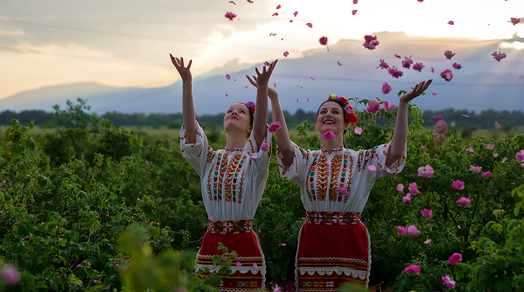
I am counting down the days when I will be in Sofia, Bulgaria, which is on August 1, 2021, with excitement. I have worked closely with several colleagues at my host institution, Technical University – Sofia (TU-Sofia), from spring 2020 when I got the announcement that I was awarded the Fulbright U. S. Scholar award, up to this point. I will do a teaching/research combo project in fall 2021. The originally planned visit would have been in spring 2021, but it was postponed to fall 2021 given the pandemic. I am happy that this trip will finally happen. I am also happy for Western Carolina University (WCU) to be able to welcome a nearly normal fall 2021 semester. I am utterly grateful for the strong support from the Fulbright office and the colleagues at both TU-Sofia and WCU. It will be a five-month project ending in December 2021, but the friendship we forge will not end. We may even offer our students a faculty-led travel course in summer 2022, so stay tuned.
Bulgaria boasts a long and rich history, with the oldest European civilization being located on Bulgaria’s current territory. While in Bulgaria, one could see the legacies from many eras such as the two Bulgarian Empires, the Thracian tribes, the Byzantines, and the Ottoman Empire. People live with this history as close as passing by the remains preserved around them including a train station on their way home.
Bulgarian is a southern Slavic language using the Cyrillic alphabet. The pronunciations of the English alphabets and Cyrillic alphabets appear to be swapped between several pairs (i and n, v and b, etc.), and it takes me quite a while to get used to it. There are some imported words in Bulgarian that sound like English words, which would be easier to remember, but of course the majority of the Bulgarian words are original, which would have been used since eons ago. One can’t help wondering how people had spoken it, and how their lives would have been through the long history. Luckily I will conduct my project in English, and I anticipate myself using Google Translate a lot, but it’s been fun to get to know more about Bulgarian. Hopefully one day I could chat with some locals on some simple matters such as what the weather would be like and where the best food is in town.
Recent Comments